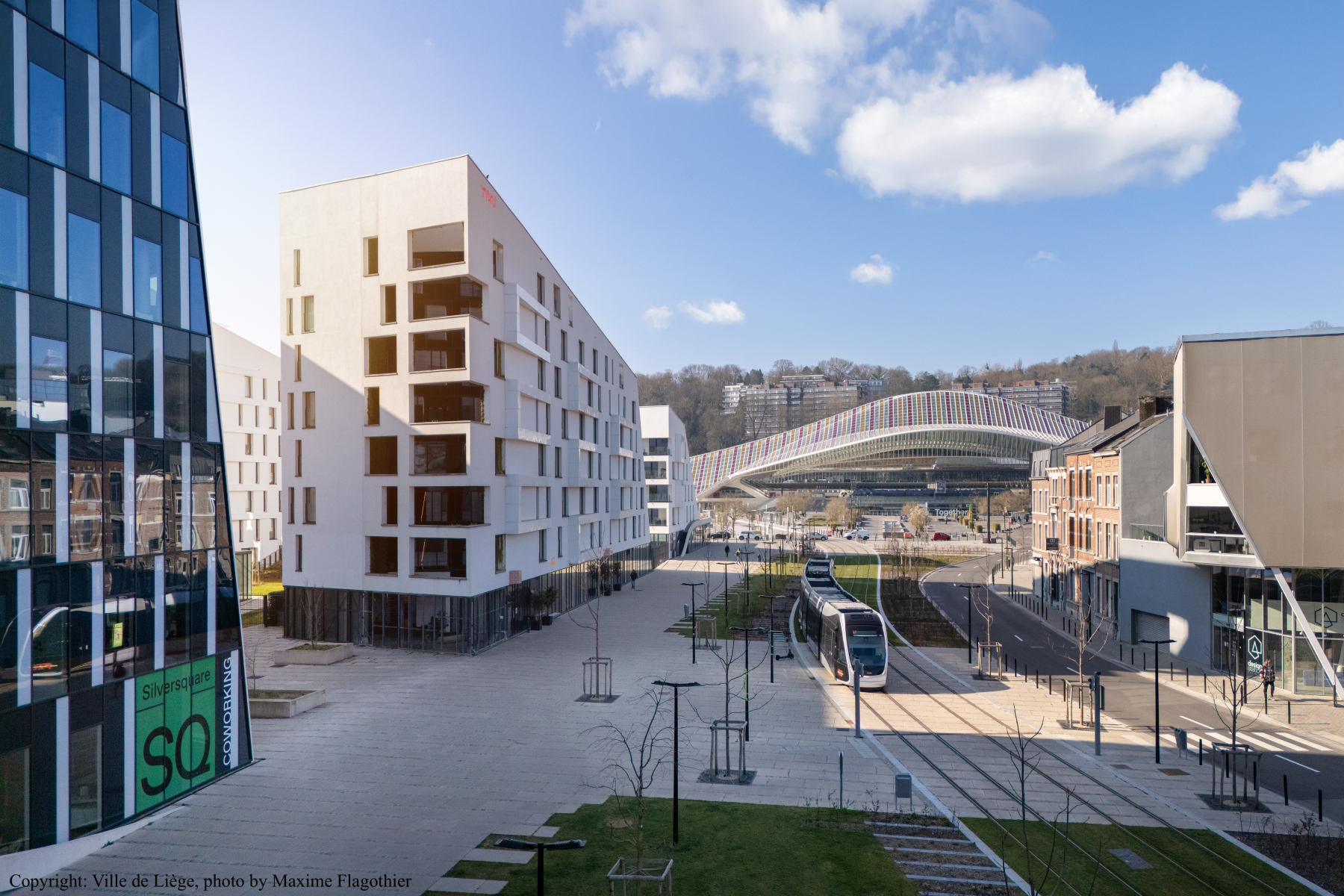Event organised by: Centre for Ethnic and Migration Studies (CEDEM), University of Liège
Conference days: 16-18 March 2026
Deadline for paper submissions: 5 September 2025 (This call is closed)
More info about the 2026 IMISCOE Spring Conference here.
The Centre for Ethnic and Migration Studies (CEDEM) of the University of Liège is delighted to announce that it will host the 2026 IMISCOE Spring Conference in Liège between 16-18 March 2026. The Call for Papers can be found below.
Call for Papers
With its increased salience in societal and public debates, migration has become an issue of contention that feeds ongoing processes of ideological polarization. Populist and radical right parties, in particular, have instrumentally utilized migration debates to advance their political agendas. With a view of reducing legal avenues for immigration and immigrants’ rights, these parties frequently make use of alternative facts on migration and politically charged rhetorics, disregarding science-based evidence. In this context- which also impacts in various ways mainstream parties’ positioning on migration-, we observe a backlash against the use of concepts such as diversity, intersectionality, or islamophobia that social scientists have promoted to question existing power relations. However, in different parts of the world, these parties and the narratives they promote also encounter resistance from other political and civil society actors as well as researchers, who must navigate the dilemma of either avoiding these contentious debates to minimize potential (electoral) risks or engaging in efforts to present counter-narratives which may feed the polarizing dynamics at play.
For this 2026 IMISCOE Spring Conference, we invite migration scholars from various disciplinary backgrounds, geographical regions, and career stages to submit paper proposals that reflect on the impact of these contentious times —that some observers qualify as illiberal times— on two interrelated dimensions of migration.
First, we welcome contributions that critically examine how migration governance and policies are shaped by the current contentious context. Specifically, we seek to discuss how the increasing politicisation of migration has influenced immigration and integration policy-making processes, including the roles of various actors, the incorporation of science-based data, the content of resulting policies and their impact on public attitudes toward immigration. Potential questions to be addressed include: How do partisan proposals and legislative changes related to immigration have evolved in times of heightened contention? To what extent have civil society organizations and migrants themselves adjusted their engagement in migration policy debates within this context? Additionally, how have public preferences for migration governance evolved in response to these developments?
Second, the conference seeks to explore how the experience of being a migrant is influenced by the current contentious context. Indeed, rising anti-immigrant sentiments and restrictive policies —including recent decisions to drastically decrease development aid which also impacts refugee camps—invite us to reconsider how migrant exercise their agency and how they perceive and navigate these contentious times. How do this contentious context impact migrants’ ability to react, resist and organize not only in countries of residence but also in transit and origin countries? In what ways do these challenging circumstances shape immigrants’ aspirations to stay/leave, their social interactions, as well as their sense of belonging?
In addition to panels, this conference will also feature plenaries, roundtables, and social events related to the overarching conference theme and IMISCOE’s goal of becoming a more engaged and diverse network. Drawing on the reflexive approach that IMISCOE seeks to promote and with the aim of debating research processes with the perspectives of those working in the field, the conference will provide a platform for scholars to engage in discussions with diverse social actors involved in migration debates. Similarly, in line with CEDEM’s commitment in its IMISCOE coordination work plan, this conference will seek to promote diversity and inclusion, by featuring participants from different disciplinary backgrounds, career stages, and countries around the world. We will also strive to increase participation of under-represented scholars, especially racialized scholars. Finally, this conference will also provide a space to build support and facilitate the sharing of reflections on the means used by our scholarly community to deal with the challenges that these contentious times pose for the categories, methods, and language that we use in our scientific work on migration.
Conditions/Requirements
Paper proposals should consist of a 250-word abstract, along with the name(s), affiliation(s), contact details and a short (max. 50 words) bio of the author(s). We strongly encourage authors to highlight the way(s) in which their research relates to the overall conference theme, as well as the conceptual and methodological novelty of their contribution. Individual papers will be thematically clustered into panels.
When submitting proposals, applicants must choose their intended mode of participation: ON-SITE in Liège or ONLINE (via Webex). To enable a wide participation, only one submission per (presenting) author is permitted.
To apply, please fill in this form: https://www.conftool.net/imiscoe-spring-2026. The deadline for submissions is 5 September 2025, at 23:59 CEST (this Call is closed). Applicants will be informed about the decisions regarding their submissions towards mid-late November 2025.
The conference will take place in a hybrid format. Panels running throughout the conference days will be expected to take place either fully on-site or fully online (there will be no hybrid panels including presentations both on-site and online). There are no registration fees for this conference.
The conference organizers may consider the possibility of publishing an edited volume or a special issue based on papers presented during the conference.
For any questions please contact:



